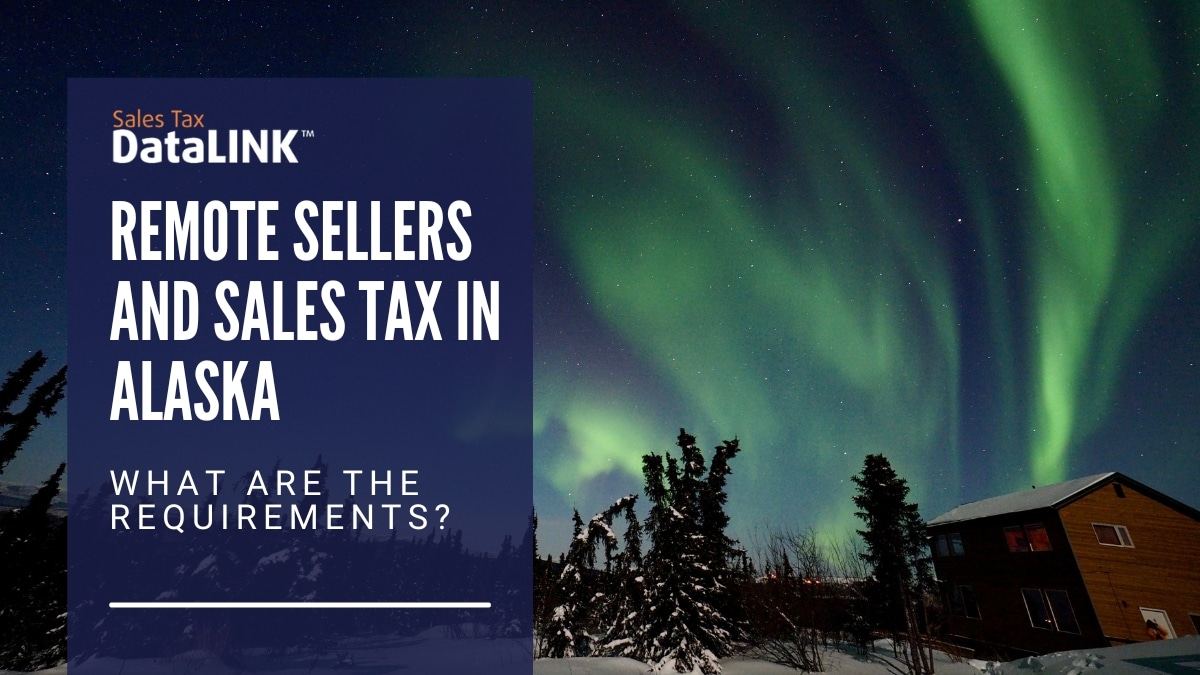Alaska’s Unique Landscape for Remote Sellers
Online sellers, often including manufacturers, are having to cope with a lot of legal changes when it comes to sales tax. Some might be surprised by one source of confusion, though. Alaska.
Alaska has no state sales tax. When the Supreme Court ruled this summer that states could compel remote sellers to collect and remit sales tax without physical nexus, it’s not clear that their ruling even applied to Alaska.
Some experts have suggested that Colorado, which has state sales taxes but also allows cities to collect as autonomous jurisdictions, won’t be able to collect anything but that state sales tax. It’s one thing for online sellers to be required to keep up with dozens of states, but having to keep up with hundreds or thousands of cities could get much closer to the “undue burden” wire.
Alaska has no state sales tax at all. Alaska might now have permission from the Supreme Court to make new laws about sales tax, but they haven’t done so.
Alaska’s cities, however, can apply sales tax if they choose. Some choose to, at rates up to 7.5 percent. Cities can apply use tax, too. Some do, some don’t.
Not only do sellers have to find out the rules for each jurisdiction, but they’ll also have to determine whether they meet the nexus requirements.
State nexus requirements
The Supreme Court ruling that started all this, Wayfair vs South Dakota, approved sales tax laws in South Dakota. They set the minimum for remote seller nexus at $100,000 in revenue or 200 transactions. The Court specifically said that this seemed reasonable to them. Since that time, quite a few other states have set their rules for economic nexus to match. Some have chosen other cut-offs. For example, Minnesota went with just 100 transactions. Even assuming $100 as the average online order, it’s clear that Minnesota will be catching some small businesses in its net.
Merchants are already suing states that they feel are imposing undue burdens. But Alaska, since they have no state sales tax, has not defined economic nexus or “click nexus” and provides no guidance on this issue.
A network of Alaskan cities has formed a nonprofit group to explore their options. It’s clear that some towns want to be able to add the revenue stream to their income. So far, Alaska is just telling online merchants to contact the municipalities where they do business.
No sales tax states
There are five states which do not have state sales taxes. They’re taking different approaches to the Wayfair ruling. New Hampshire, which opposes sales tax on principle, has been fighting against online sales tax. They want to make it as difficult as possible for other states to make New Hampshire-based companies collect and remit sales tax.
Montana sternly advised businesses in their state to “get qualified legal advice” on the issue and left it at that.
Alaska seems to be reviewing the options.




